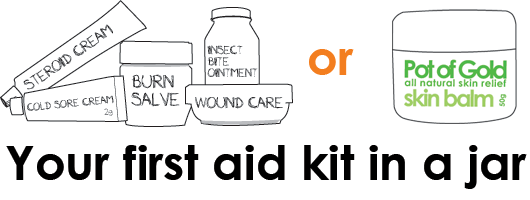Childhood eczema
Eczema symptoms
The symptoms of eczema are dry, red, itchy patches on the skin that can become infected if they are constantly scratched. The skin may thicken if the eczema persists. Eczema on young babies often first appears on the cheeks and then spreads to knees and elbows. As children get older it develops on the inside creases of knees, elbows and around the neck. The eczema has periods when it flares up and then dies down again. Most children grow out of eczema by the time that they reach puberty but it is a distressing and uncomfortable ailment that requires advice from your Naturapath or physician.
 
Causes of eczema
There are a number of factors that may cause eczema to develop. When the skin becomes weakened by the condition environmental triggers may also be another cause of outbreaks in young children. Some reactions may be caused by washing detergents, chemicals in fibres of clothing, pet hair, dust mites, pollens in the air, chemicals used for cleaning. There are washing detergents that do not contain added perfumes and softeners. These might be useful to reduce outbreaks. Regularly vacuuming and wet mopping can help to reduce the incidence of mites and pet hair in the child's environment. Removing shrubs and plants that are pollen laden from the immediate environment might also be useful.
Other forms of eczema.
There are a number of forms of eczema and atopic dermatitis. The two most likely to be seen are allergic contact dermatitis and irritant contact dermatitis.
Allergic contact dermatitis is caused by reaction to a substance in contact with the skin. Many adults develop this form when wearing cheap jewellery or introducing a chemical into their lives that the body reacts to.
Irritant contact dermatitis is a reaction to chemicals, for example, petrochemical based soaps and detergents.
Eczema is very irritating, the itching can become almost unbearable and it is very hard to prevent a young child from scratching. Keep their fingernails short and at night time ensure that they are not overheating. Apply a layer of Pot of Gold skin balm to the affected area before bed to help curb this itching cycle. If you can persuade them to keep mittens on this may also help prevent scratching. Clothes against the skin should be made of a soft, smooth material such as cotton rather than wool. If your child does develop eczema you should visit your physician to confirm that it is not another skin disorder. Mild attacks of eczema may only need simple care for the sensitive skin with Pot of Gold skin balm or Pot of Gold baby balm, but if the condition persists, consult your naturopath or physician."
 |
|